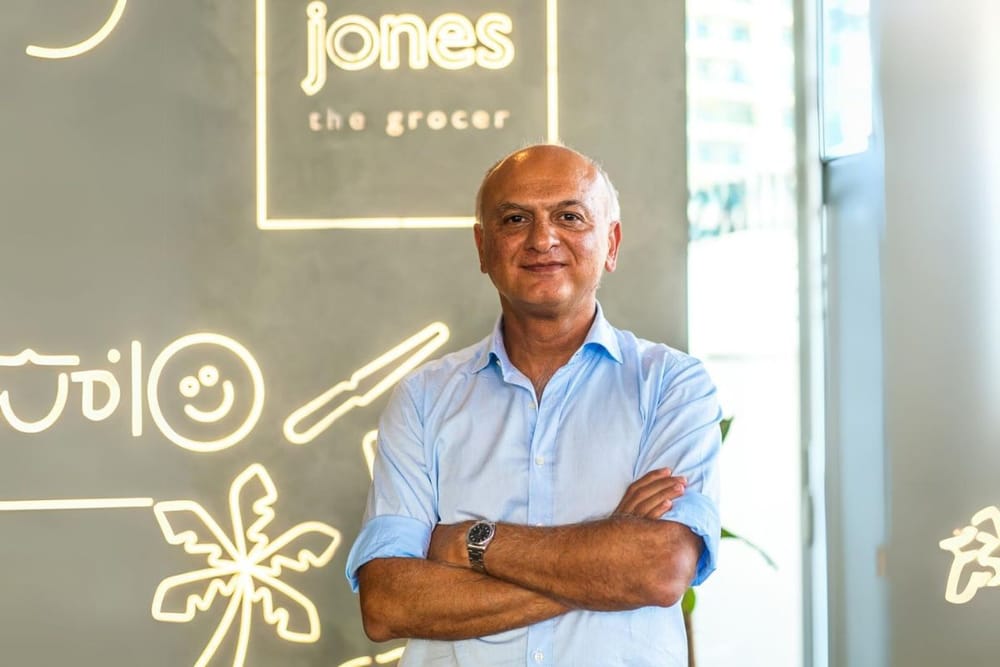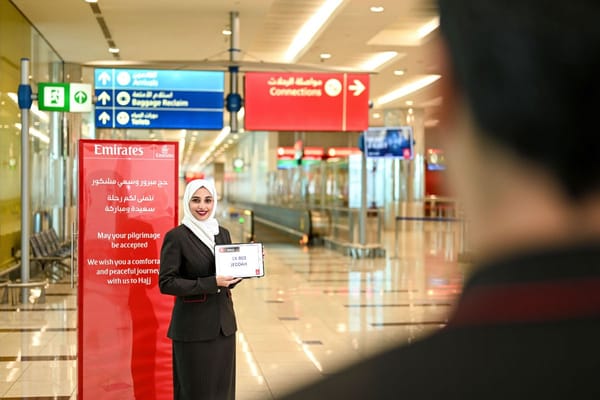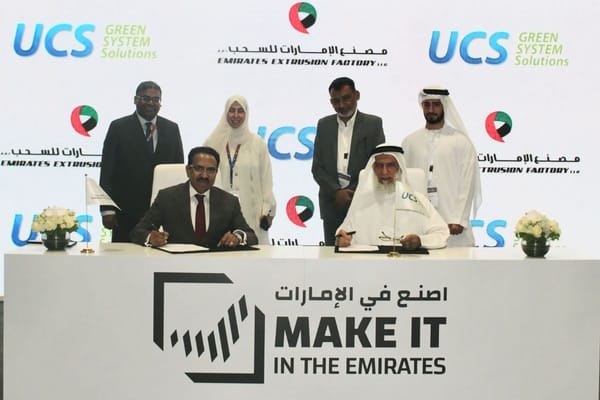Yunib Siddiqui, the visionary Group CEO and proprietor of Jones the Grocer has transformed the casual dining landscape with his entrepreneurial spirit and strategic acumen. With a robust presence of over 30 establishments across the Middle East and Asia, Yunib's journey from a young entrepreneur in London to a leading figure in the franchise industry is both inspiring and instructive. From his early ventures in sourcing exquisite African handmade accessories for top retailers to his pivotal role in franchising renowned brands in Pakistan, Yunib has consistently demonstrated his ability to navigate and excel in diverse business environments. His passion for gastronomy and commitment to excellence have driven the remarkable growth of Jones the Grocer, setting new standards in the industry and expanding the brand's footprint globally.
This interview delves into Yunib's entrepreneurial journey, his strategic initiatives, and the innovative practices that have propelled Jones the Grocer to its current success.
➤ Can you share the story of your first business venture in London and what inspired you to start it at such a young age?
I didn't enjoy my job as an accountant in the city of London. It was a small firm, and while I liked the auditing part, I hated the exams, which were tough. During this time, my mother became unwell, and I had to go on a sabbatical. I had one exam left to re-sit, but I didn't want to. I ended up visiting my mother and then traveling to Kenya to see my girlfriend's family. There, I stumbled upon the idea of buying handicrafts, sculptures, and soapstone, putting them in a container, and sending them to the UK. I found a warehouse for them and decided to give the business six months. I went back to my company and informed them of my plan. They agreed, and after six months, I never returned to my accounting job.
➤ Your journey began with franchising in Pakistan and later acquiring the global IP rights for Jones the Grocer. What were the biggest challenges you faced transitioning from a franchisee to owning the brand, and how did you overcome them?
The Pakistan venture started because a close friend of mine had a franchise for Mothercare in Pakistan and approached me to help bring in other fashion brands like Next. I acted as a business development consultant on the board, invested in the venture, and helped acquire these brands around 1999/2000. This experience gave me a deep understanding of the franchise model. I wasn't involved in the day-to-day operations but focused on the development side, similar to my current role with Jones. This experience provided me with valuable insights into the franchise system and model, which have been instrumental in my work with Jones the Grocer.
➤ With Jones the Grocer expanding to various international markets, including the UAE, Qatar, India, and upcoming locations in Singapore and the UK, how does Jones the Grocer differentiate itself from other casual dining establishments in the Middle East and Asia? What strategies do you employ to stay ahead of the competition and maintain a strong market position?
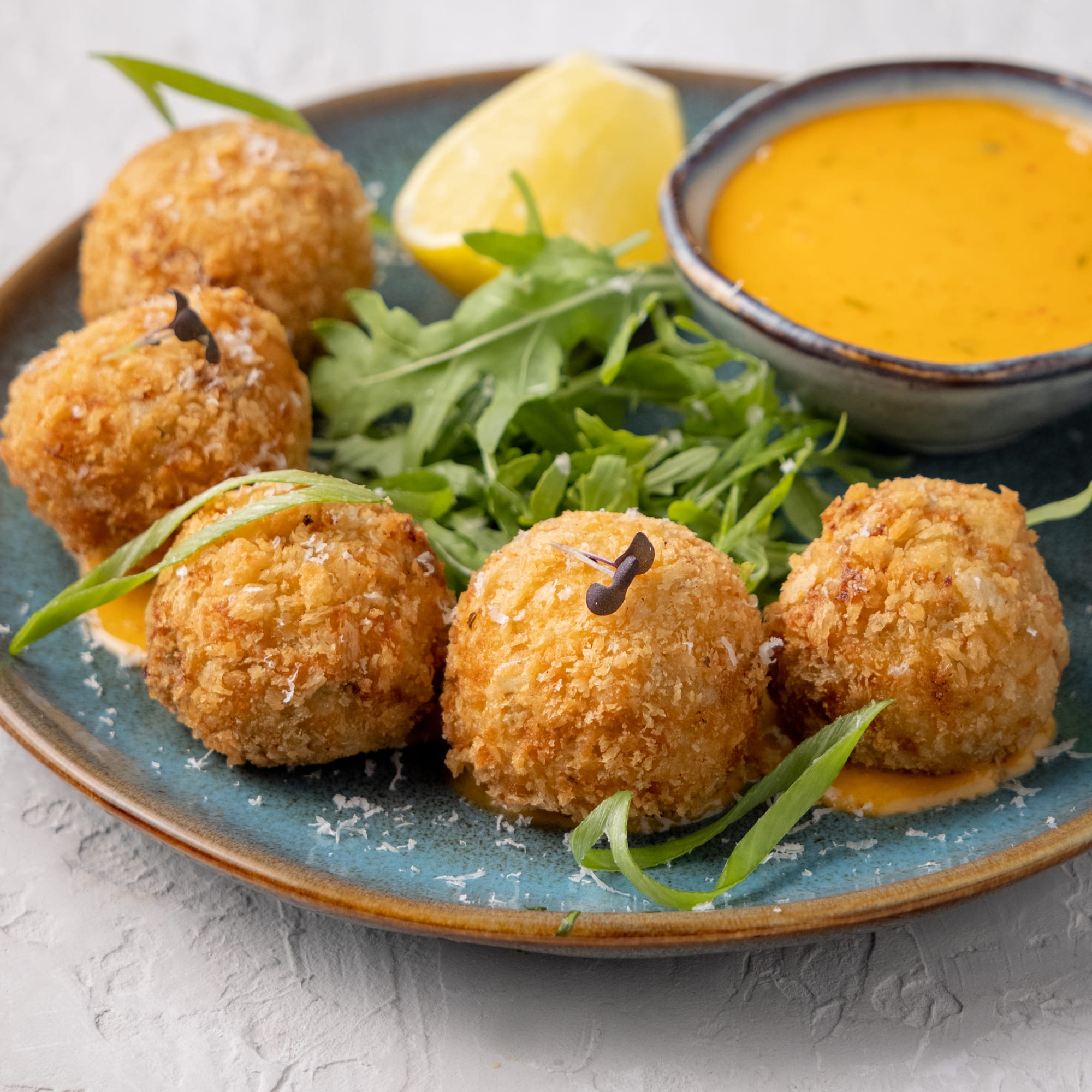
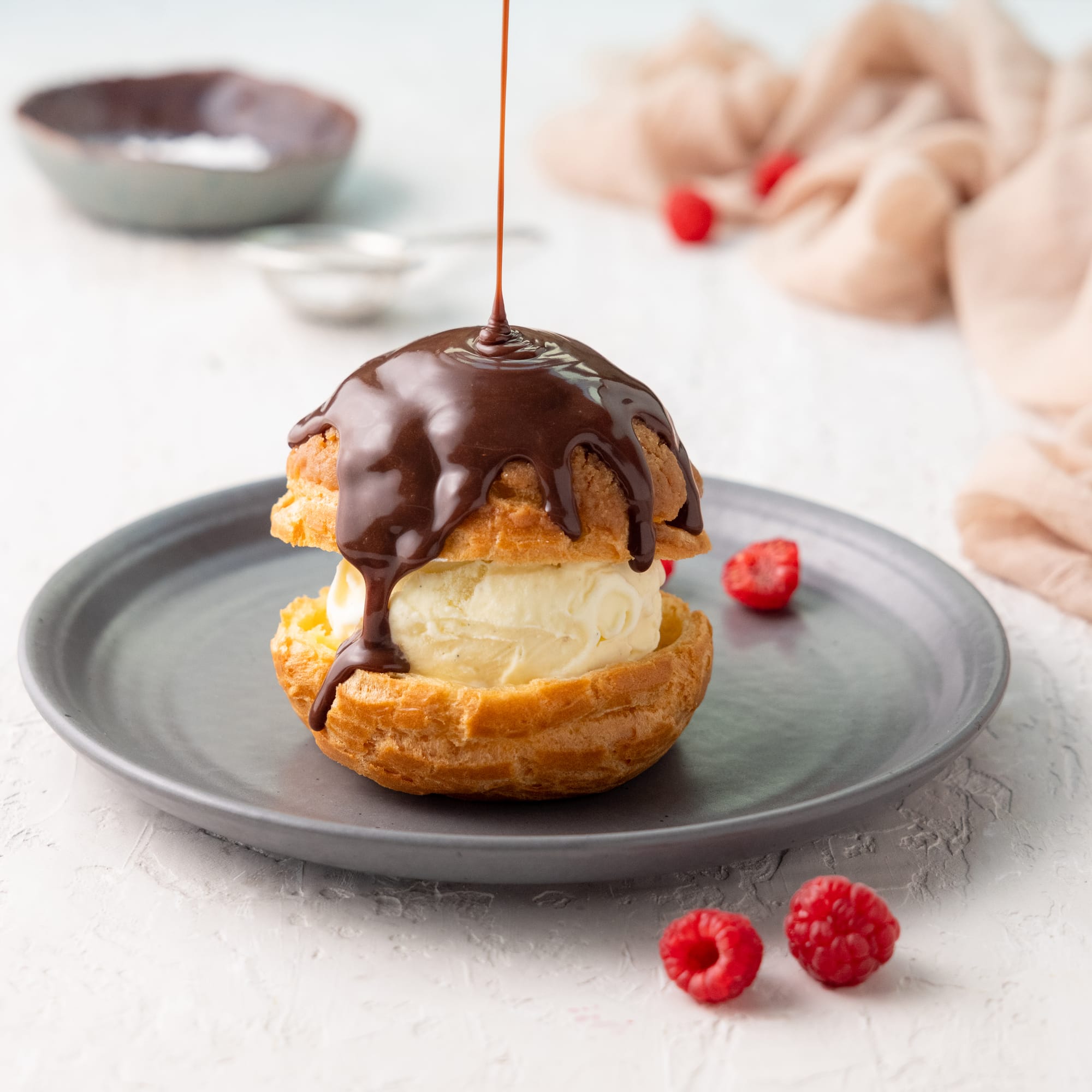
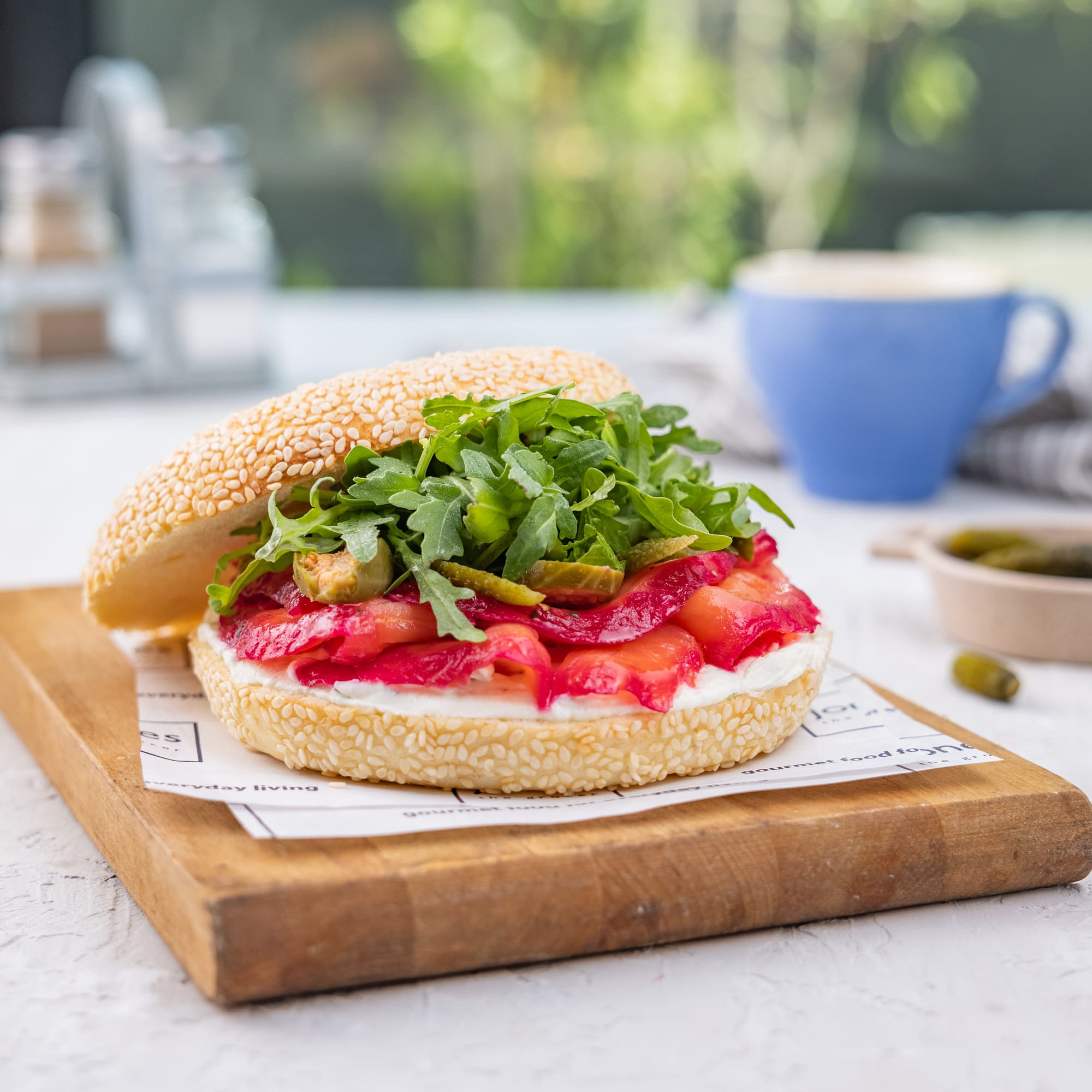
The most crucial aspects of the food and beverage industry are consistency, quality, and a menu that clearly reflects the brand identity. We emphasize an Australian melting pot style of menu, where the ingredients are paramount. The food should be simple, not fussy, and when it arrives at the table, it should "sing" off the plate. Good portion sizes and, most importantly, consistency in dish preparation are key. Whether you visit one Jones store or another, the quality and presentation of the food should remain the same. Additionally, training is essential. How we train our chefs to prepare and present dishes, and how the staff serve the food, sets us apart from the competition. We strive to provide a memorable experience, leaving our customers thinking, "Wow, that food was really good." This focus on quality and consistency is why people keep coming back to Jones the Grocer, rather than choosing the competition.
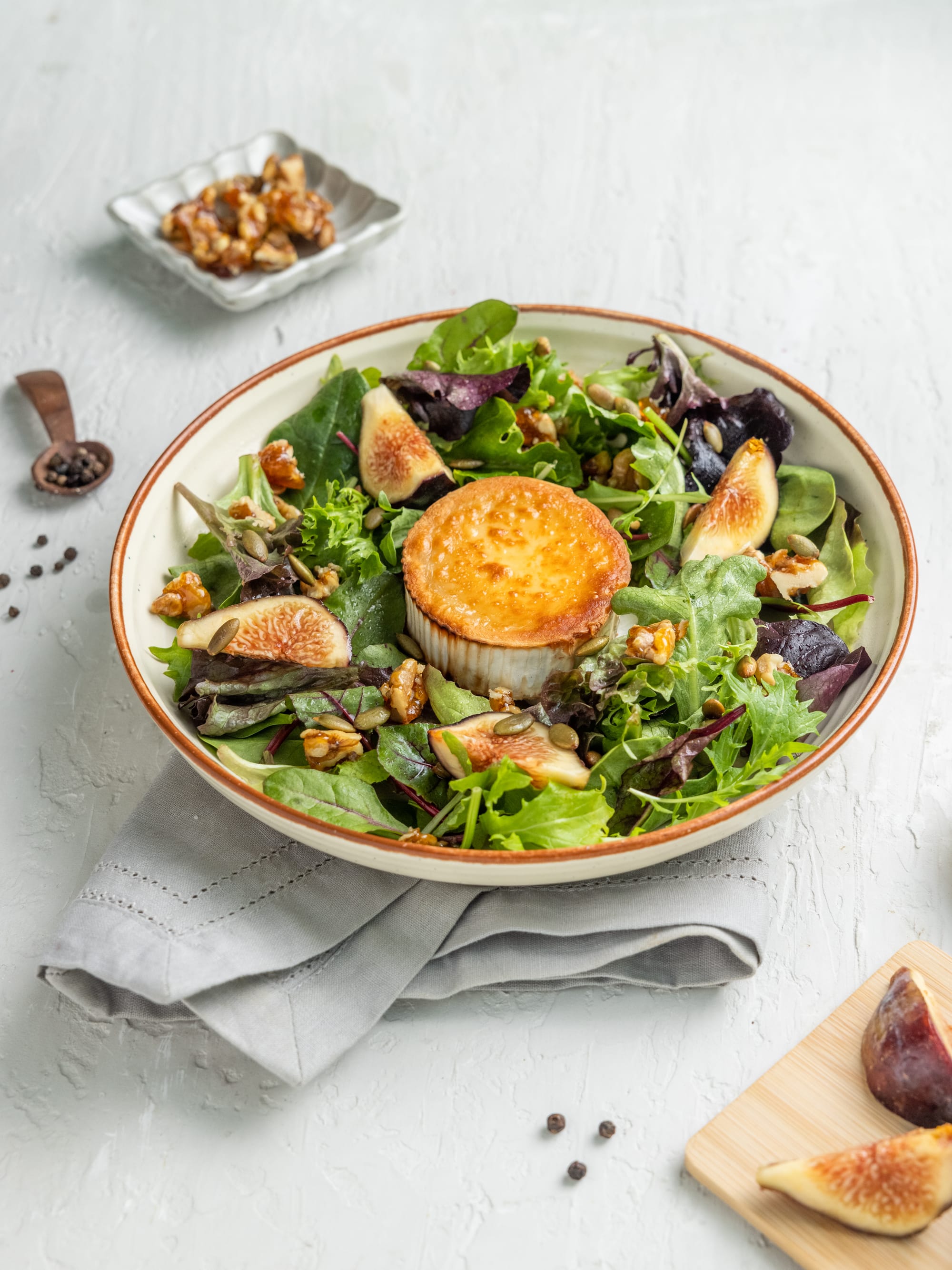

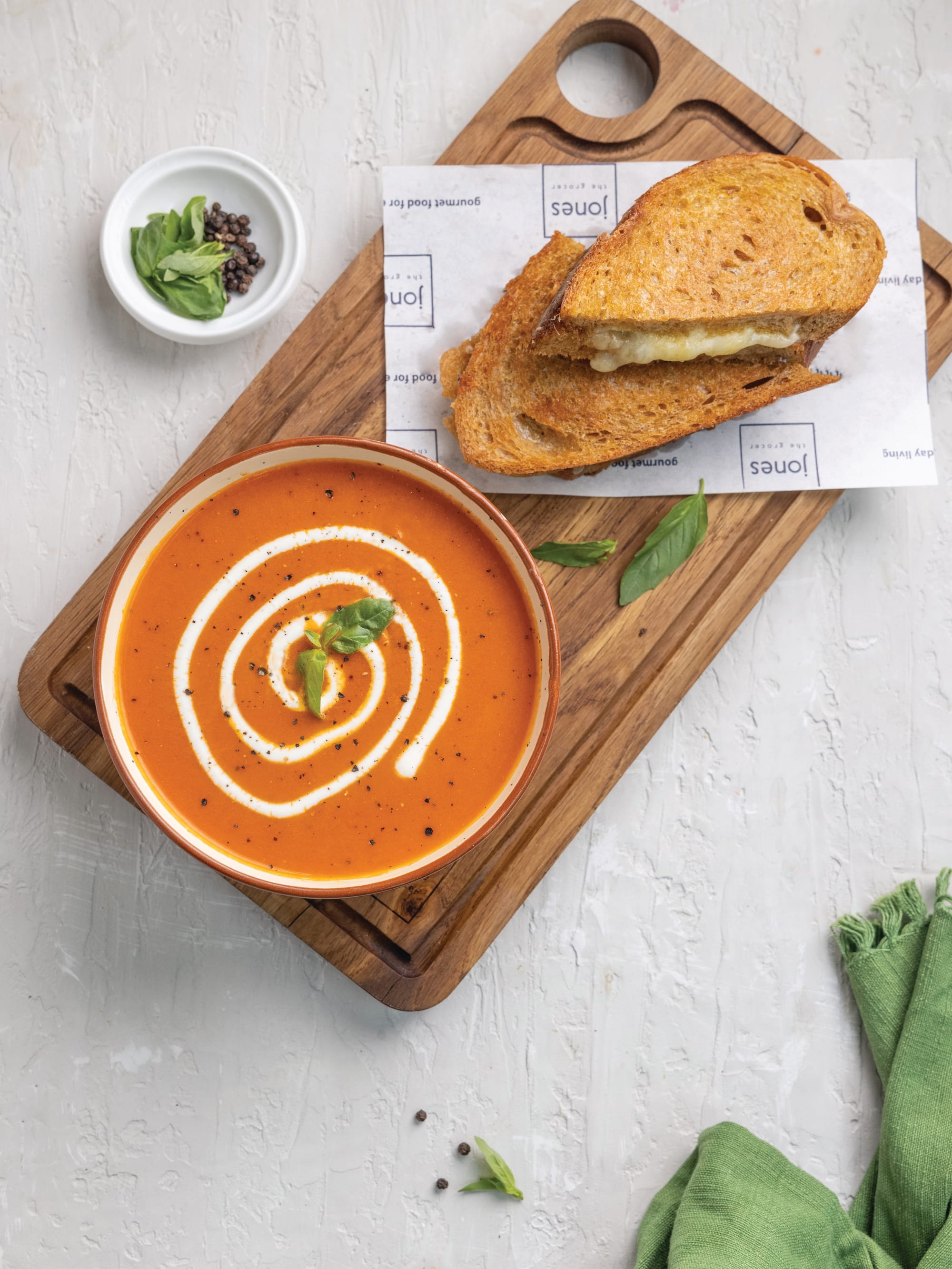
➤ Can you share any insights into the financial growth and revenue milestones that Jones the Grocer has achieved under your leadership? What are your key revenue streams, and how do you plan to diversify them in the future?
I was the original UAE franchisee, starting the business in 2008/2009 after my previous venture in the UK. We opened the first store in Abu Dhabi and quickly expanded to five stores within two and a half years. By 2013, we had five locations and were growing rapidly. Initially, we struggled to acquire the franchisor, but after 4-5 years, we successfully completed the acquisition in 2018-2019 through two transactions.
At the time of acquisition, system revenues were around $20-25 million. Today, they are close to $60 million, almost three times the amount.
We had 14 stores when we acquired the business, and we now have 37. This exponential growth has led to 700 employees in our network and a strong operating and franchise team. Looking ahead, I anticipate having around 50-55 stores by the end or middle of next year, with network revenues reaching approximately $85 million. That's the direction we're heading in.
➤ The new Jones the Grocer at Zayed International Airport features innovative elements like a theatre kitchen and on-table wireless mobile phone chargers. How do you balance traditional dining experiences with such modern innovations, and what has been the customer feedback so far?
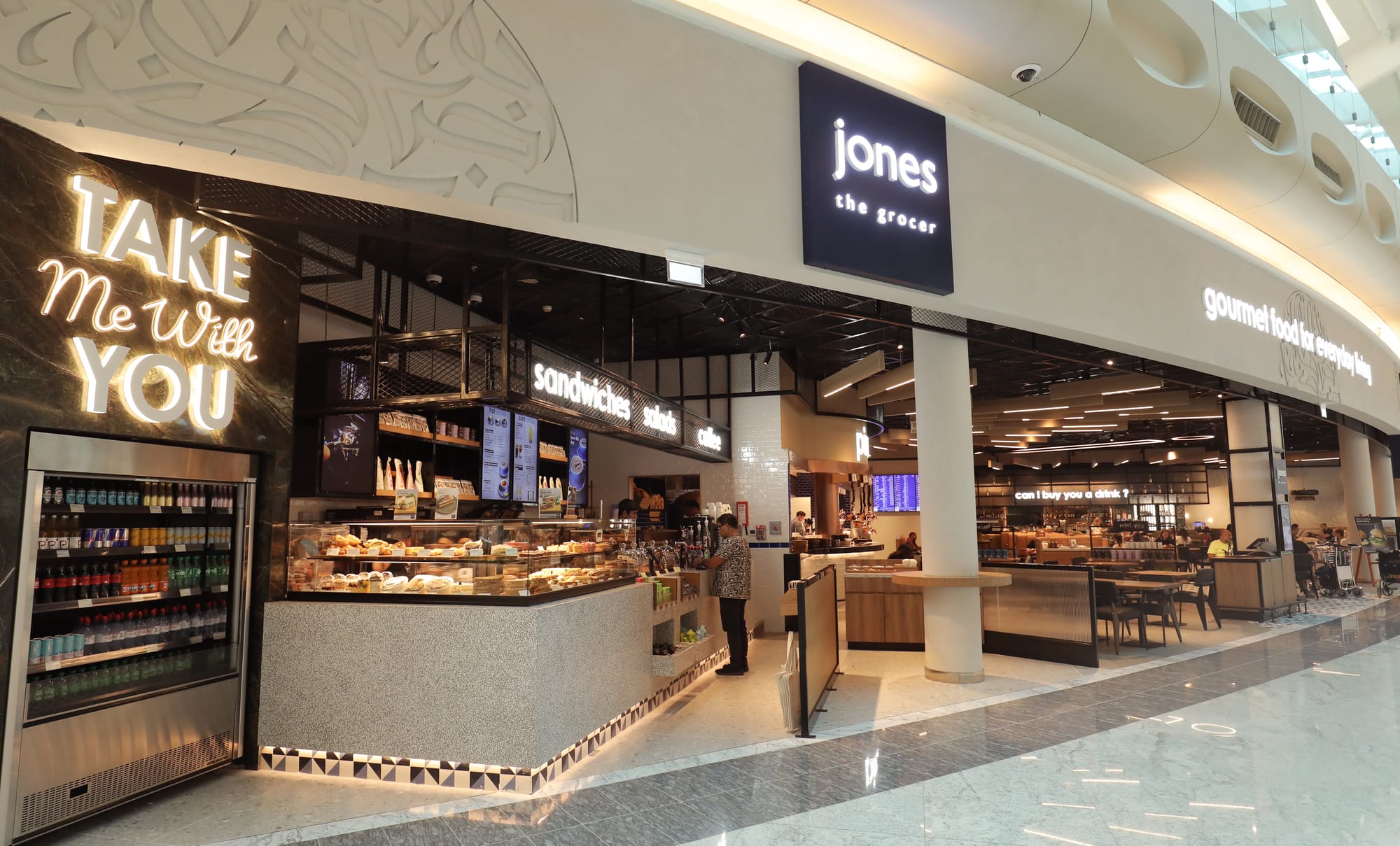
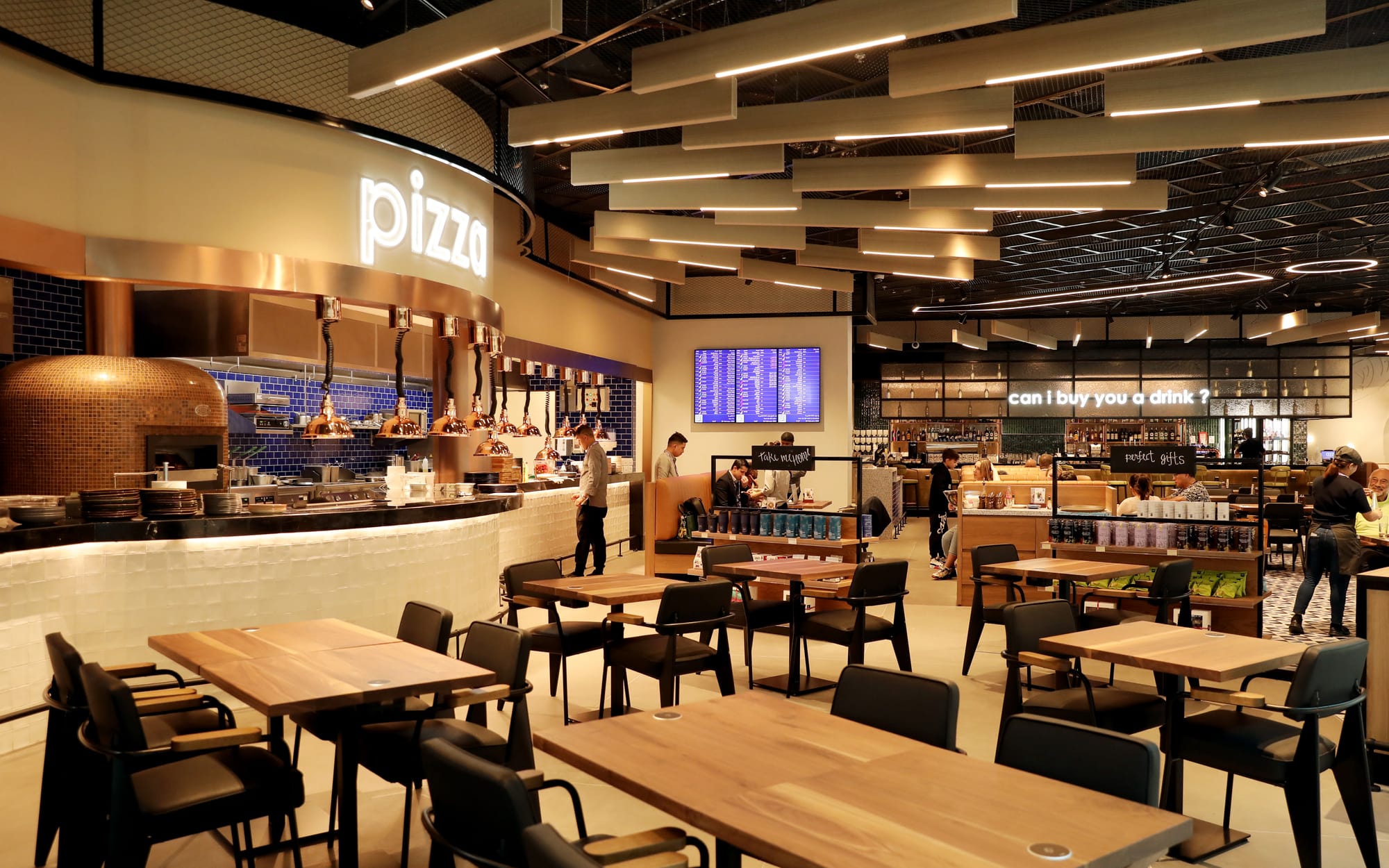
Jones the Grocer at Zayed International Airport
These additional services, particularly in the travel zone, are designed to enhance the customer experience. We want consumers to dine without worrying about their phones, so all our stores are equipped with USB charging points, on-table chargers, and laptop charging sockets. We also offer tap-and-pay services. These features help ensure customers settle in comfortably, which can increase dwell time and result in higher spending. While these innovations are not directly part of our food and beverage strategy, they significantly contribute to the overall customer experience. Feedback has been positive, as these amenities make dining more convenient and enjoyable.
➤ In today's market, sustainability is a crucial aspect for many consumers. Can you elaborate on the sustainability practices Jones the Grocer has implemented across its operations, from sourcing ingredients to reducing carbon footprints?
One of our key strategies is consolidating our supply base to reduce the number of suppliers. Fewer suppliers mean less commercial inefficiency and fewer carbon emissions from deliveries. By streamlining our supplier base, we reduce deliveries and our carbon footprint. Additionally, we're simplifying our recipes by cutting down the number of ingredients and steps, effectively doing more with less.
The second part of our strategy is transitioning all our packaging to recyclable and compostable materials. We've eliminated plastic straws and source coffee from forestry-approved and Fairtrade sources. We also prioritize locally sourced suppliers, ensuring more ingredients come from the UAE rather than being flown in. For example, our ice creams and chocolates are now produced locally.
In store design, we're incorporating more natural materials instead of synthetic ones. These changes are gradually being implemented across our system, helping us reduce our carbon footprint and promote sustainability throughout our operations.
➤ With over 30 establishments and a significant number of employees, how do you ensure that the welfare and development of your employees are prioritized? Can you share any specific programs or initiatives aimed at employee growth and satisfaction?
One of our primary approaches to employee welfare is ensuring regular reviews for all our employees. We have around 180 employees in our company-owned business and many more in our broader system. We've implemented a highly structured review mechanism to address any review-related issues and provide employees with a forum to discuss challenges, opportunities, and achievements with their superiors. This process has been a significant motivator for many of our staff.
We take pride in our strong employee retention, with many team members having been with us for seven, eight, nine, or even ten years. This longevity reflects our commitment to staff welfare. We reward our employees on their birthdays and cover expenses for those who have been unwell. We've cultivated a culture of genuine care, ensuring our employees feel valued both in terms of their happiness and work-related performance.
➤ The introduction of the Jones Cheese Club and the expansion of Cheese & Wine nights indicate a response to consumer trends. How do you stay ahead of market trends, and what role does customer feedback play in your strategic decisions?

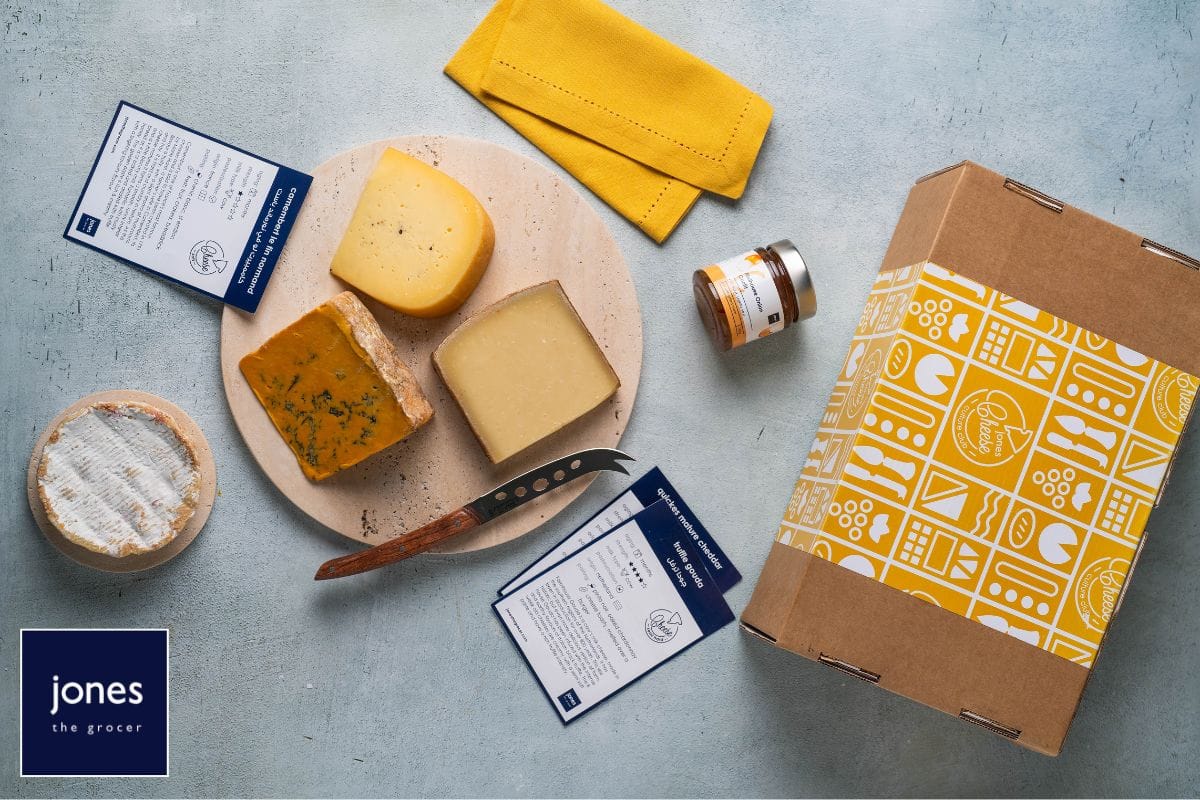
Left: Cheese & Wine Nights, Right: Jones Cheese Club
To be honest, I often feel like a circus performer in this environment, with everyone hosting events like cheese and wine nights, ladies' nights, quiz nights, and more. I would prefer not to engage in these activities because we are primarily here for the food, not to entertain with dancing, singing, or jazz. However, we do it because the market demands it. The number of eateries in Dubai creates fierce competition, with each trying to stand out by offering something beyond just their food.
To answer your question directly, these events are not our primary focus, but we strive to do them well because they are a market expectation. Despite this, they can be a distraction from our core mission: providing great food and service. Our main goal is for customers to come in, have a great meal, and leave happy. While we do offer these events, our focus remains on delivering excellent food and service that makes our customers think, "Wow, that was really good."
➤ Given the significant investments in new outlets and expansions, how does Jones the Grocer maintain financial stability and ensure a healthy bottom line, especially in the face of economic uncertainties?
Predominantly, our growth has been achieved through two ways: company-owned stores and franchises. We operate our franchise model with great care, thoroughly evaluating the operator, the location, and the financial capacity of the operator to ensure they can deliver the desired outcome. This cautious approach means we roll out fewer company-owned stores compared to franchise stores. We spend a significant amount of time assessing each franchise opportunity. This well-thought-out strategy allows the brand to grow sustainably, without the risk of closing stores or having stores become redundant quickly.
➤ How do you engage with the local communities in these regions, and what initiatives do you have in place to support and give back to these communities?

One of the key ways we engage with the local community is through various classes and masterclasses. We host corporate cooking classes for nearby companies, where teams can participate in mystery box competitions and MasterChef-style events. Our cooking classes also attract couples and families, fostering a sense of community.
In our retail operations, we maintain a list of customer preferences in our cheese room. When new deliveries arrive, we notify customers who have shown interest in specific products. Each store maintains a customer database, and we regularly send messages to keep them engaged.
We actively support local charities and events. We sponsor local events, collaborate with schools, and participate in charity galas by setting up food stalls. These initiatives help us build strong relationships with the local community and demonstrate our commitment to giving back.
➤ What is your long-term vision for Jones the Grocer, and how do you plan to adapt and evolve the brand over the next decade?
Before COVID, we set a target to reach 200 stores within five years. Although the pandemic delayed our progress, we still aim to achieve that goal within the next 3 to 5 years. Currently, we have 37 stores and expect to reach 50 by early to mid-next year. Following that, we anticipate exponential growth. We've recently opened locations in London and Singapore and have two stores in India. We are also expanding in the Middle East. The opportunities across Europe, the Middle East, and Asia are vast, and we are excited to continue our growth in these regions.
Watch the full interview:
Also Read:





